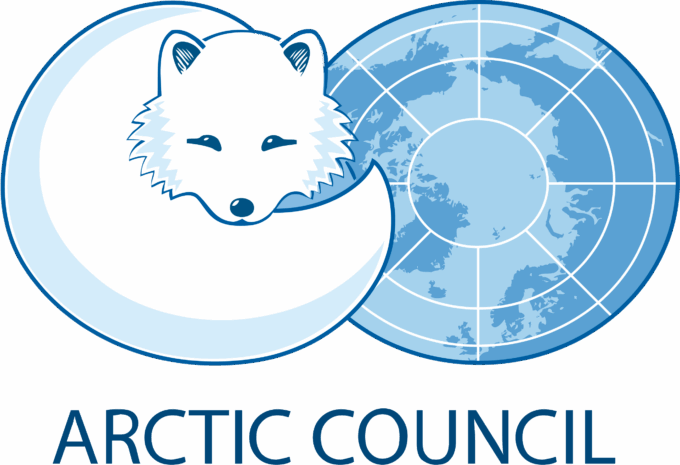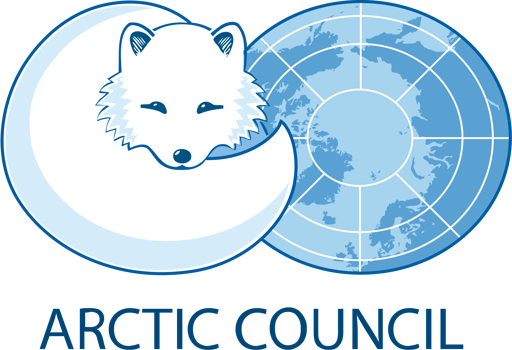

Arctic Council logo – Fair Use
In May, Denmark, quietly sophisticated, often underestimated, took over the chair of the Arctic Council. Its leadership mattered not just for climate and security, but for how smaller countries navigate great-power rivalries in a literally thawing world.
For the remaining eighteen months, Denmark will continue setting the agenda for a region that’s no longer the silent, frozen corner it once was. I’m no Arctic expert but even last May it was obvious this would be a defining moment.
My great-great-grandfather, Jens Bach, sat for decades in the Danish parliament, travelling regularly from Thisted in northern Jutland to Copenhagen. This was two islands and a heroic commute away. In his day, Greenland came up often. Denmark was moving towards a more formal rule over what they called “the big island in the north.” Inevitably, Greenland still comes up. Geography and history have long half-lives in Danish politics.
Copenhagen, for instance, has announced new Arctic defense spending. This includes radar in East Greenland, drones, and upgraded patrol ships. Nothing flashy, Denmark doesn’t really do flashy, but certainly deliberate. Around the Arctic table sit the US, Russia, Canada, Norway, Finland, Sweden, and Iceland. Nuance goes only so far.
Three forces define Denmark’s Arctic moment: great-power rivalry, Greenlandic self-determination, and rapid climate change.
Greenland gives Denmark its major seabed claims in the Arctic Ocean, a legal and geological smørrebrød layered with what diplomats call “resource and sovereignty implications.” Don’t underestimate this. Further phrases like “continental shelf” hide very real power politics.
At home, the debate over Greenland’s future is sharpening. Greenlandic leaders, diplomats, and scholars have long refined arguments. It’s easy to see how greater autonomy, even independence, would redefine Denmark’s Arctic role, as well as its sense of itself.
Famously, the United States, never shy about its geography, is taking a growing interest in Greenland’s direction. This escalated big time last year when Denmark summoned the US chargé d’affaires over alleged “influence efforts” in Greenland.
The Arctic Council includes six Indigenous organizations as Permanent Participants. Add to that rising attention still to Indigenous rights, plus the post-colonial relationship between Copenhagen, Nuuk, and Tórshavn, and we see Denmark’s history in the region is not a side note.
Then there’s the climate question, the most relentless of all. Melting ice opens new shipping routes and resource hopes, but also new risks. Denmark and Greenland are being pressed to lead on Arctic emissions, black carbon, and methane. The future here isn’t theoretical. Along Greenland’s rugged coast, ice loss and chemical change are already reshaping ecosystems and livelihoods.
Security planners in Copenhagen are having to adjust, too. Those new ships, a polar research vessel, more patrols. Quiet, bureaucratic preparedness. The Danish way, but still a signal. Undersea cables, cyber resilience, counter-intelligence, all no doubt standard topics now in defence meetings. Even telecom companies must receive a scrutiny that would have seemed absurd not so long ago.
Russia looms as the most immediate military concern, especially in the cyber and “a wee bit too close” sea or air encounters. China, as usual, plays the patient investor. The US does, in fact, remain Denmark’s indispensable, if sometimes overbearing, ally.
But if Copenhagen gets it wrong, it could end up sidelined in its own strategic backyard, leaving it wedged between Washington’s impatience, Beijing’s quiet capital, and Greenland’s growing assertiveness.
Nor is it helped by Trump’s habit of treating allies as optional accessories. We saw this last week with the favoritism shown to Hungary in the form of a one-year exemption from sanctions. Greenland didn’t enjoy being discussed like a real estate listing, and neither did Denmark. When science diplomacy and trust fray, Copenhagen’s instinct will be to lean more towards Europe, not less. It’s hardly ice-core astrophysics.
Admittedly, all of this can sound rather forbidding and strategic, but there’s a heartbeat underneath. One Danish relative of mine emigrated to the US, only to return home “to die” after a grim diagnosis in New York. He then lived another forty years. The Arctic, like life, doesn’t move in straight lines.
So too with Denmark’s Arctic role. The path can bend but not break, shaped by resilience, restraint, and the admirably stubborn endurance of small nations in big weather. Not everyone believes in surrendering the playground to the bully. The world turns on the appetites of great powers, but sometimes it survives on the alertness and civility of the small ones to win through.
And maybe in that, Denmark can serve us all.
The post A Small Kingdom at the Top of the World appeared first on CounterPunch.org.
From CounterPunch.org via this RSS feed


